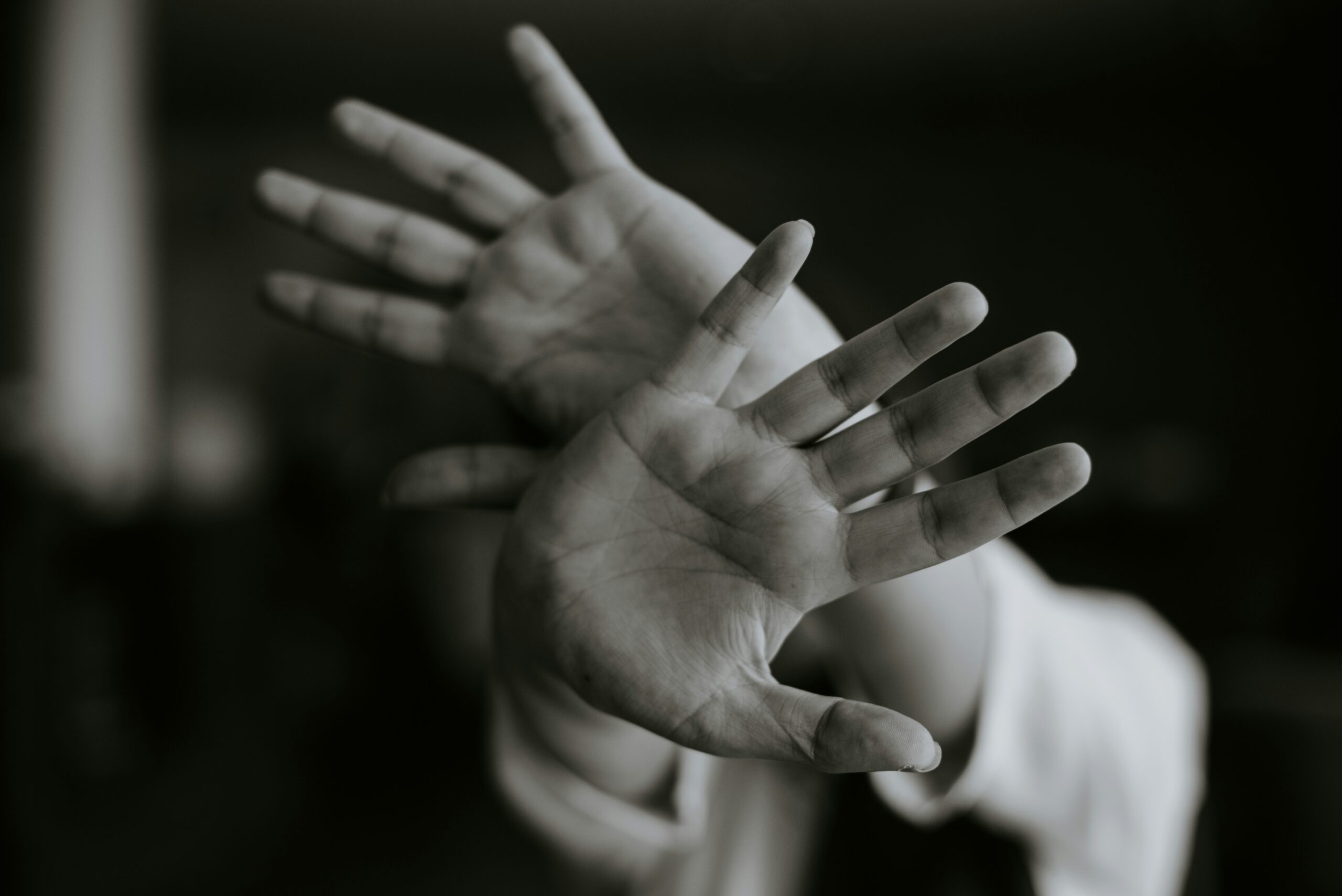Anxiety is a natural response to a stressful situation, but with most people, it becomes overwhelming and disturbing to them. With growing awareness related to mental health, what anxiety is and its implications must be understood at all costs. Let’s get on to what anxiety really means and how it can be worked out effectively.
What is Anxiety?
Anxiety is a state of nervousness, fear, or anxiety concerning something that one doesn’t know the outcome of. Normal parts of life are even having anxiety, like being nervous before an interview, but chronic anxiety could have an underlying condition of Mental Illness. Generalized Anxiety Disorder, Panic Disorder, Social Anxiety Disorder, and many more.
Anxiety is a state of nervousness, fear, or anxiety concerning something that one doesn’t know the outcome of. Normal parts of life are even having anxiety, like being nervous before an interview, but chronic anxiety could have an underlying condition of Mental Illness. Generalized Anxiety Disorder, Panic Disorder, Social Anxiety Disorder, and
Symptoms of Anxiety:
Recognition of its symptoms is the first response to anxiety. Such manifestations include:
- Insistent worry or fear
- Difficulty concentrating
- Restlessness or irritability
Some physical symptoms are:
Poor sleep
A racing heart
sweating
shortness of breath
Recognition of its symptoms is the first response to anxiety. Such manifestations include:
- Insistent worry or fear
- Difficulty concentrating
- Restlessness or irritability
Some physical symptoms are:
- A racing heart
- sweating
- shortness of breath
- Poor sleep
Causes of Anxiety:
Anxiety can be caused by several factors, including:
- Genetics: Having a family history of anxiety disorders does increase the risk.
- Environment: stressful life events, trauma, or even background.
- Brain Chemistry: Imbalance of neurotransmitters serotonin and dopamine within the brain.
- Medical Factors: Certain diseases and drugs are associated with anxiety.
Manage Your Anxiety: Tips
- Practice Mindfulness: Methods like meditation and deep breathing help keep your mind centered.
- Exercise: The physical act of exercise will release endorphins that naturally lower your stress.
- Limit or avoid caffeine and alcohol: Both substances exacerbate the symptoms of anxiety.
- Consult a mental health professional: Therapy, CBT, and possibly medications.
- Build a support system: Talk to friends, and join support groups.
conclusion
Anxiety is a universal experience, but it has to be something that cannot run your life. Understanding symptoms, causes, and management will allow you to take steps toward living a more peaceful and balanced life. Remember, reaching out for help is a sign of strength, not weakness.
If you enjoyed reading this, share it with a friend. Together, we can create a world where mental health is prioritized and supported.




